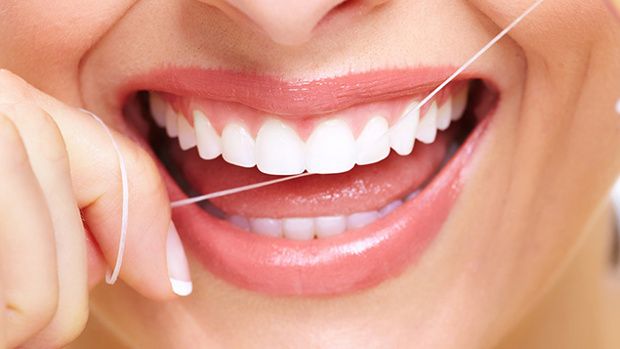Does Flossing Your Teeth Actually Work?
- Publish Date
- Thursday, 4 August 2016, 9:27AM

It's one of the most universal recommendations in all of public health: Floss daily to prevent gum disease and cavities. Except there's little proof that flossing works.
An Associated Press US-focused investigation reveals the evidence for flossing is "weak" and "inconclusive", and if done incorrectly, could do more harm than good.
However, flossing is still a practice pushed by governments, dental organisations and manufacturers of floss around the world.
The US government has recommended flossing since 1979, first in a surgeon general's report and later in the Dietary Guidelines for Americans issued every five years. The guidelines must be based on scientific evidence, under the law.
Last year, the Associated Press asked the Departments of Health and Human Services and Agriculture for their evidence, and followed up with written requests under the Freedom of Information Act.
When the US Government issued its latest dietary guidelines this year, the flossing recommendation had been removed, without notice. In a letter to the AP, the government acknowledged the effectiveness of flossing had never been researched, as required.
AP looked at the most rigorous research conducted over the past decade, focusing on 25 studies that generally compared the use of a toothbrush with the combination of toothbrushes and floss. The findings? The evidence for flossing is "weak, very unreliable," of "very low" quality, and carries "a moderate to large potential for bias."
"The majority of available studies fail to demonstrate that flossing is generally effective in plaque removal," said one review conducted last year.
Take your Radio, Podcasts and Music with you

